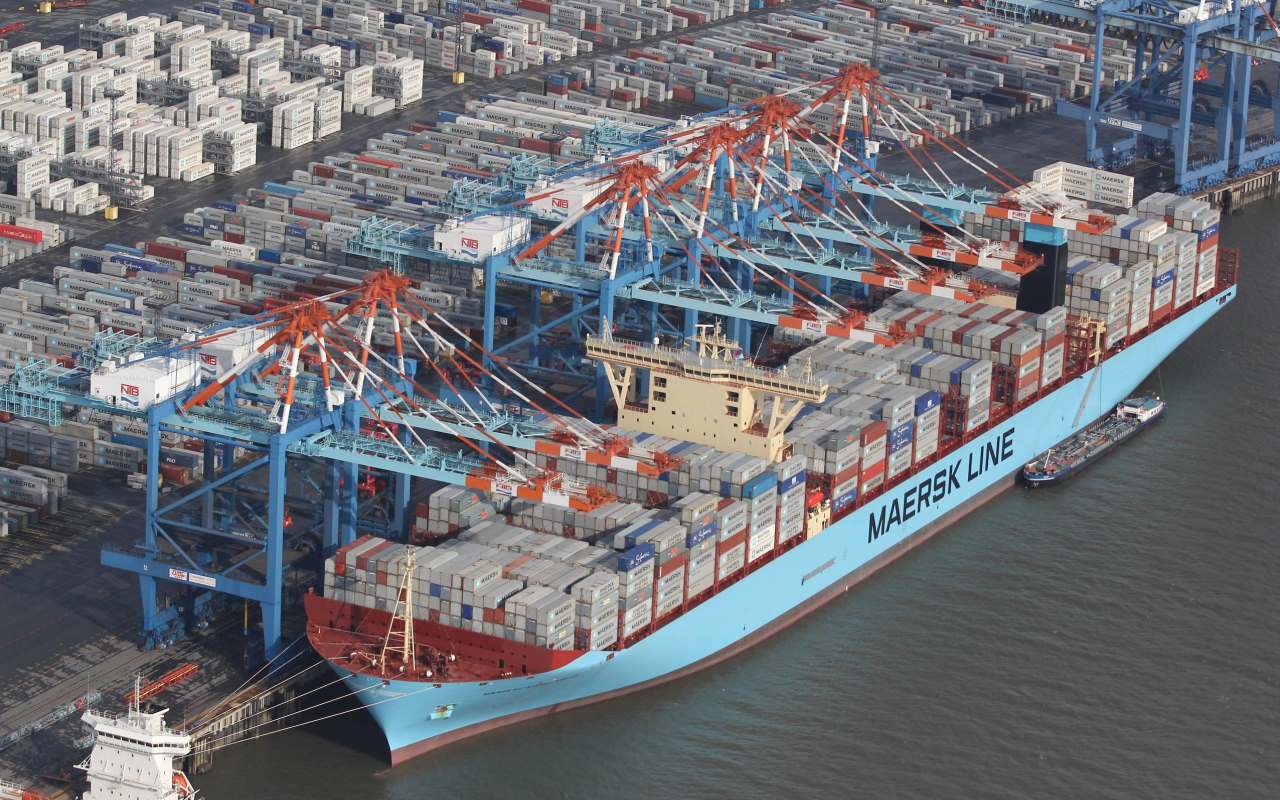The West is increasingly actively looking for new logistical ways to bypass Russia, and there is significant progress in this. Central Asia and the South Caucasus became roundabout options. To deepen this trend, the European Parliament adopted an important document – a resolution on revising the EU’s strategy for the countries of Central Asia, which has been in effect for the past five years. The document elaborates mechanisms that will allow Russian transport routes to be ignored.
What is the point?
The document prescribes the need to conduct more active interaction with Central Asia, which follows from the particular geostrategic role of the region today. The following are defined as the main areas of activity:
– deepening of partnership at the political level;
– activation of economic interaction;
– provision of possible support by European investment banks for the development of infrastructure in the region.
At the same time, the primary role in the establishment of transport routes is played by the following countries:
– China;
– Kazakhstan;
– countries of the Caspian Sea water area;
– Azerbaijan;
– Georgia;
– Turkey.
The process was started so actively that the creation of a fund for the Trans-Caspian international transport route, which is part of a larger system of transport communications that forms the basis of the Europe-Caucasus-Asia corridor program, has already begun. In this case, we are talking about the organization of the fund, which will consolidate both state and private funds of the countries participating in the program. In particular, the most priority projects will be financed from this fund.
But that’s not all. An important step was the fact that Turkmenistan joined the member countries of the initiative last fall, and this immediately expanded the possibilities of both the volume of cargo flows and the addition of new cargoes from trade giants such as China and the countries of Central Asia, which have enormous potential for economic growth.
Who benefits?
Currently, 96% of all long-distance cargo deliveries are carried out by sea transport, which takes an average of 30-40 days. The new transport corridor will not make delivery cheaper; the price, most likely, will remain the same, but at the same time, the terms will be significantly reduced. Under ideal weather conditions, they could confirm deadlines of up to two weeks in practice, three times faster than the traditional way.
The potential of this initiative is understood by both the West and Azerbaijan, Kazakhstan, and Uzbekistan, which are taking real steps to improve the efficiency of the sea corridor. The economy of these countries will benefit first of all. Positive changes will be felt by Europe and the USA, but the losses will be only for Russia.


